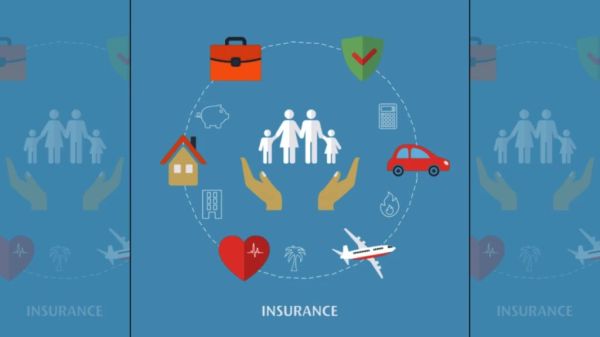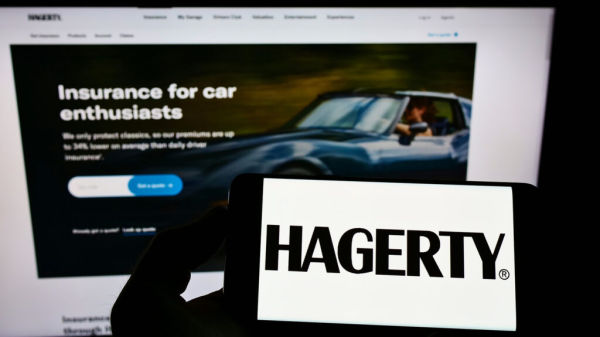
The Reserve Bank of India (RBI) has released draft rules on the Expected Credit Loss (ECL) model for banks and NBFCs. These new rules will come into effect from April 1, 2027, and will significantly change the way the banking sector handles loan defaults. Until now, banks operated under the Incurred Loss Model, which meant that provisions were made only when a loan defaulted. However, under the ECL model, banks will be required to set aside funds in advance to cover potential future loan defaults.
These changes are an important step towards strengthening the country's financial system. They will increase transparency in banks' balance sheets and better prepare them in the event of a financial crisis. Let's understand what these new rules are, how they will work, and what their impact will be.
What is the Expected Credit Loss (ECL) Model?
The ECL model is a forward-looking approach in which banks anticipate potential future loan defaults and make provisions accordingly. This means that funds will be set aside not only for existing bad loans (NPAs) but also for loans that are expected to become bad in the future.
This will directly impact banks' provisioning. Under the new guidelines, banks may be required to make additional provisions, especially for Stage 1 and Stage 3 unsecured loans.
Three Stages for NPA Classification and Provisioning
Under the ECL model, loan risk will be assessed in three stages. These rules will apply to all types of loans, including retail, corporate, MSME, home loans, and gold loans.
1. Stage 1: New and Low-Risk Loans
This stage includes loans that are new or have a low risk of default.
Provision: 0.25% - 0.40%
2. Stage 2: Increased Default Risk
This stage includes loans that have an increased risk of default, but have not yet become fully bad loans. Such loans are expected to have cash flow.
Provision: 0.5% - 1.5%
3. Stage 3: Loans Defaulted
This stage includes loans that have already defaulted.
Provision: 10% - 100% (depending on the likelihood of loan recovery)
Special Provisions for Unsecured Retail Loans
These rules will have a slightly different impact on unsecured retail loans (such as personal loans, credit card loans) because they carry a higher risk.
Stage 1: 1% provision
Stage 2: 5% provision
Stage 3: 100% provision after 1 year (i.e., if the loan remains in default for one year, provisioning will be required for the entire loan amount)
What will be the impact on banks?
These new rules will require banks to make significant changes to their provisioning policies. Since they will also need to set aside funds for potential future losses, their additional provisioning may increase. This could initially impact banks' profits.
However, the RBI has also provided some relief to mitigate the impact of this change. Specifically, under the Transition Arrangements, there will be relief in the calculation of CET1 capital (Common Equity Tier 1 Capital). CET1 capital is a key measure of banks' financial strength. This relief will help banks adjust to the new rules.
Impact on customers
Customers will not be immediately affected. As banks make higher provisions, loan conditions may become slightly stricter in the future or interest rates may rise slightly, especially for unsecured loans. The primary objective is to make banks stronger and safer, which could indirectly benefit customers in the long term.
Why is this change necessary?
Adopting the ECL model is in line with international banking standards. This will make Indian banks more reliable globally. This model will better position banks to withstand shocks during a financial crisis. When banks are prepared for potential losses in advance, they will be able to respond more effectively to sudden challenges. This is a positive step for the overall stability of the financial system.
Disclaimer: This content has been sourced and edited from Zee Business. While we have made modifications for clarity and presentation, the original content belongs to its respective authors and website. We do not claim ownership of the content.
-
Why Student Travel Insurance is a Must-Have for Global Education Trips

-
Taylor Swift reveals she forgot to tell ‘second brother’ Ed Sheeran about her engagement to Travis Kelce

-
Jenna Ortega calls Palestinians her heroes

-
Do you not even keep boiled potatoes in the fridge? So know how big you are making mistakes

-
Will Hagerty Insure A Daily Driver? Here’s What You Should Know
